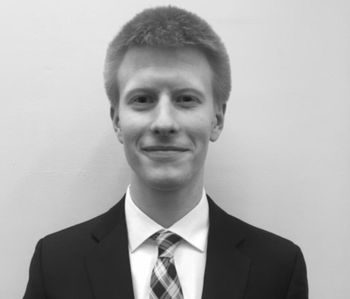SUNY Albany only hosted two conservative speakers last year
A Campus Reform survey of the official State University of New York at Albany events revealed that the school only hosted two conservative speakers during the entire 2017-2018 academic year.
According to a catalogue of official events listed on the university’s calendar, there were a total 85 speakers who lectured on campus last year, including 64 who were determined to have either liberal or left-leaning political views.
[RELATED: Liberal speakers outnumbered conservatives 11-1 at Indiana U]
By contrast, there were only 19 speakers who did not show a clear political or ideological preference or were independent.
The liberal-leaning majority included several former officials of the Obama Administration, including two Obama Environmental Protection Agency Regional directors, and Alan Bersin, former Commissioner of Customs and Border Protection in the Department of Homeland Security.
The largest speaker series of the academic year was titled “Telling the Truth in a Post-Truth World A multi-event symposium of topics crucial to an open democratic society,” and was hosted by the University and New York State Writers Institute.
The event featured dozens of guest speakers, including Kelley Vlahos, the Executive editor of The American Conservative Magazine, and a conservative commentator Richard Honen.
Other notable events hosted by the university included a discussion on “marginalized communities in 2017 America,” a lecture addressing “barriers to naturalization for low-income immigrants,” a talk on “gender and sexuality from a Jewish lens,” and more.
The abundance of liberal speakers could be explained by the school’s Strategic Plan for the next five years, that called for a more “diverse” and “inclusive” campus environment.
[RELATED:University of Alabama only hosted two conservatives last year]
Campus Reform compiled the data from the official UAlbany events calendar and only included political events with guest speakers. Seminars, classes, and workshops were not included in the study.
Campus Reform also analyzed the political affiliations of all 85 speakers, reviewing their opinions, public statements, and any known organizational affiliations.
The Campus Speaker Index analyzes official university calendars to determine which speaking engagements were expressly organized and hosted by the university. The index does not include any events that were hosted by student groups and outside organizations.
Follow the author of this article on Twitter: @matt_noyes_

